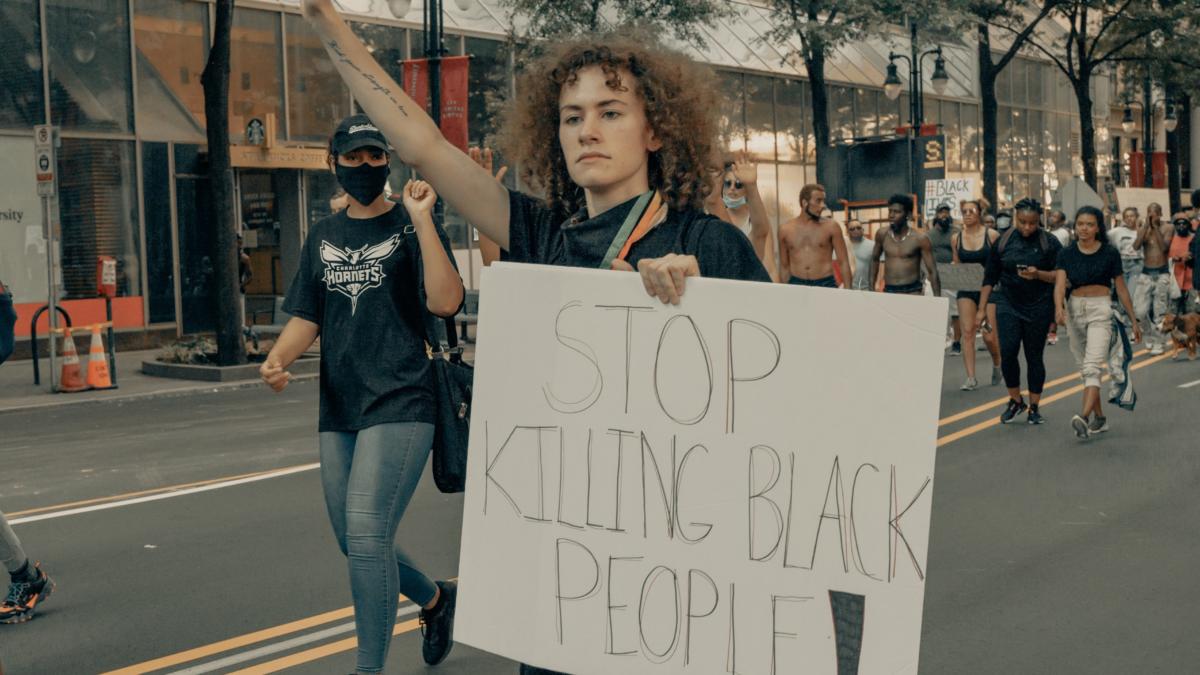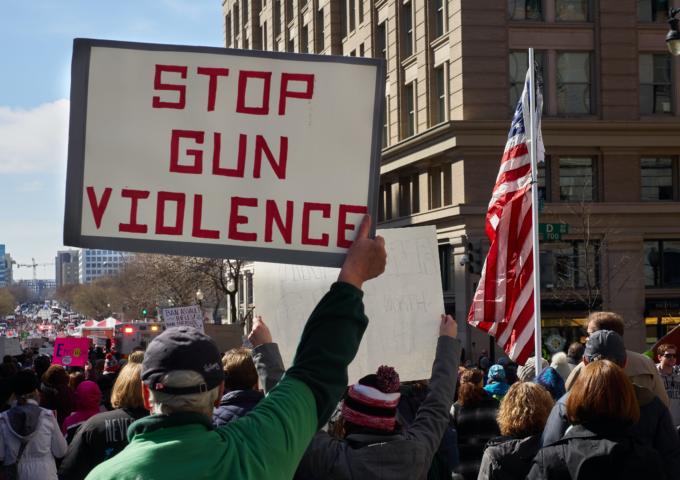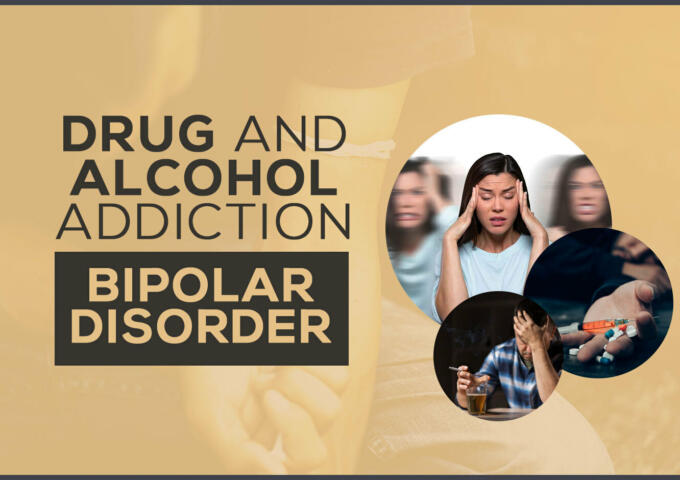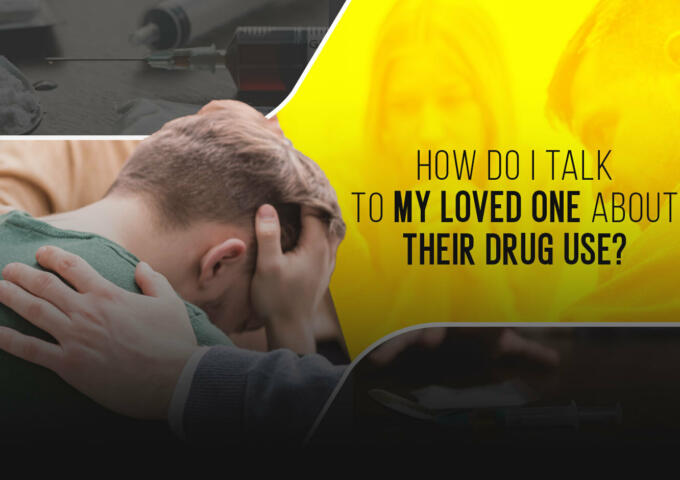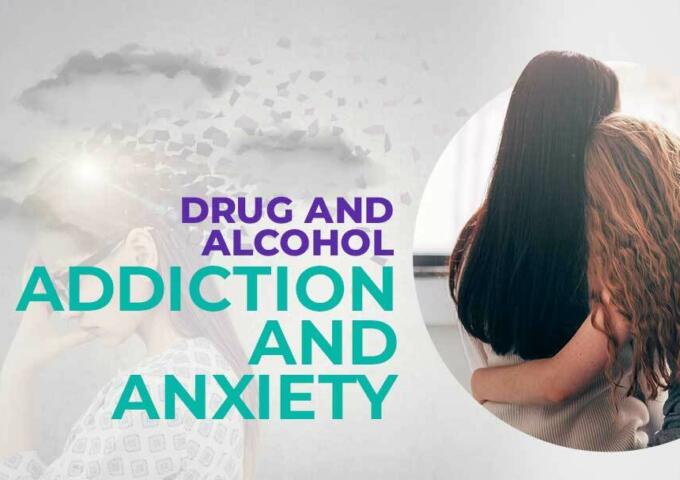Earlier this week, I was asked a simple question from a white woman who couldn’t fully understand the need for so much police scrutiny – despite the killing of an unarmed black man in the streets.
“So what happens if there are no police to protect you after all of this? Who are you going to call? I just don’t understand why all cops are roped into this because of the bad actions of a few.”
She wasn’t coming at it from a place of disdain or anger, but more a sense of wonder after the week of protests and demonstrations speaking out on the death of George Floyd, but also denouncing police tactics and measures that mistreat all citizens, but primarily ones of black and brown descent.
It was after this question things could’ve gone two ways. It’s like having the good angel and the bad angel on your shoulders, both chirping options forcing you to pick the best one. I could’ve chided her on how she could even ask that question, given what just transpired, raise my voice as I tried to explain or respond with open-ended questions that only showed my shock that this person didn’t get it.
But what would that have solved? I would’ve just been viewed as the “angry black man” mansplaining why cops deserve all of what they’re getting for the years they’ve been able to abuse the power they’ve been given. That people are finally sick of hearing about it and they definitely don’t want to be witness to a public lynching in the street for nearly nine minutes.
Instead, we turned it into an educational moment. I brought up past instances of police brutality and how they differed from George Floyd. I brought up the instances over the course of this protest where cops still abuse their power and were heralded for it. Like Philadelphia Police staff inspector Joe Bologna, who was given a standing ovation by fellow officers for putting a Temple student in the hospital, or riot cops treating protesters like target practice firing tear gas on them as they tried to get off I-676. Or the drive-by pepper spraying Minneapolis police still conducted on protesters on not one but two separate occasions.
All instances where cops didn’t and still don’t get it.
There was confusion over what it means to effectively “defund the police” and that money being removed doesn’t mean cops have less, it just means there are other opportunities that allow for checks and balances in addition to reform for those who stand accused. Reformation has multiple faces, sure, and that’s certainly a topic for a future column, and as it was well noted by Billy Penn earlier this week, this isn’t the first instance in which Philadelphia has tried to use similar tactics, but that the idea that things can be modified is one that should have the dust blown off.
“Thanks to the memory of George Floyd, we finally have the teachable moment we’ve yearned for. Now, it’s up to us to use the bevy of instances that support our stance as the fuel needed in order to make these moments count.”
The conversation then went the route of a larger majority of police aren’t involved in making bad decisions and that every day cops put themselves on the line to protect and serve. It’s a statement I agree with wholeheartedly. As I noted in my column last week, I have two friends who are city cops, one of whom I’ve known since high school, and neither of whom are bad people, despite working in a city with its own unique set of challenges.
Every time they step out the door, they’re well aware they’re taking a risk. But it’s one they’ll also tell you they signed up for. And for all the stories I hear of people screaming in their face, being called pigs, scum, being told to go “suck a dick” or “get fucked,” they’ll also say they’ve never taken that to have the authority to place their knee on someone’s neck until they pass out.
I left this conversation realizing that this woman is probably like scores of white people out there who have never had to deal with police or view conformity as the answer to avoid a situation that can escalate because “that’s what she would do.” But that’s the point. No one should have to fear the police – regardless of color. You should be able to ask questions without it being assumed you have something to hide. It should be explained that everyone handles situations differently and that raising your voice to get your point across shouldn’t be taken as a threat.
Bottom line: People of color like myself are in a unique situation.
The people we need to hear us are actually listening.
Questions are being asked that can sway the notion for so many who turned a blind eye and deaf ear to the injustice POCs have dealt with when it comes to police brutality and corruption for decades. Thanks to the memory of George Floyd, we finally have the teachable moment we’ve yearned for. Now, it’s up to us to use the bevy of instances that support our stance as the fuel needed in order to make these moments count.
